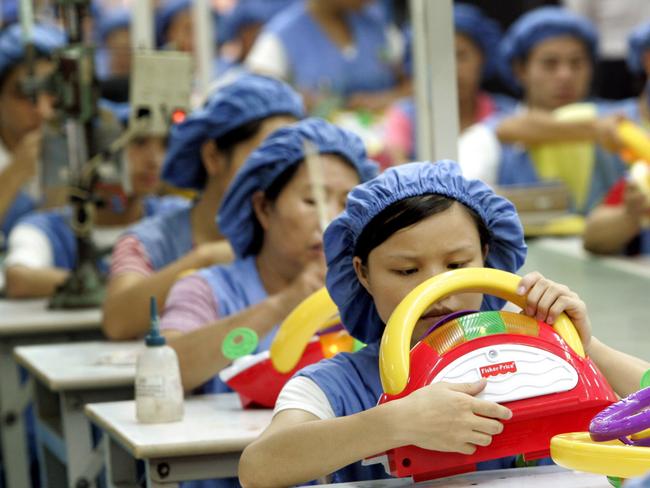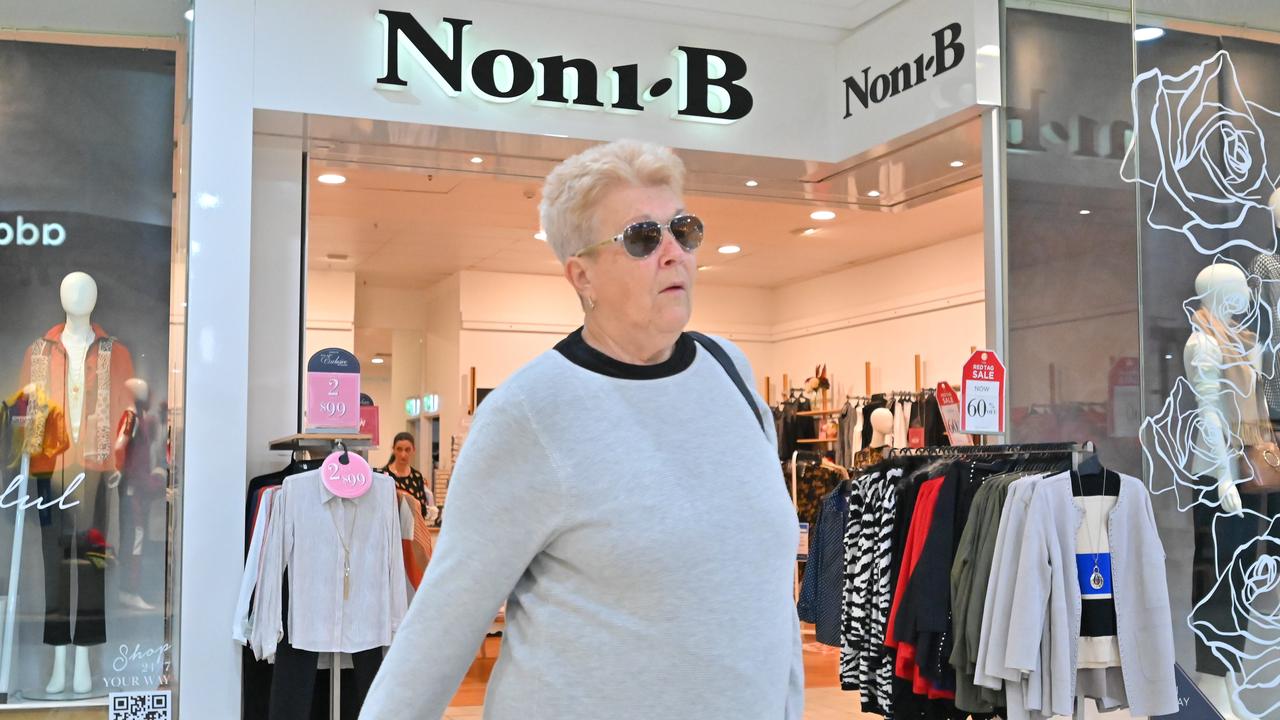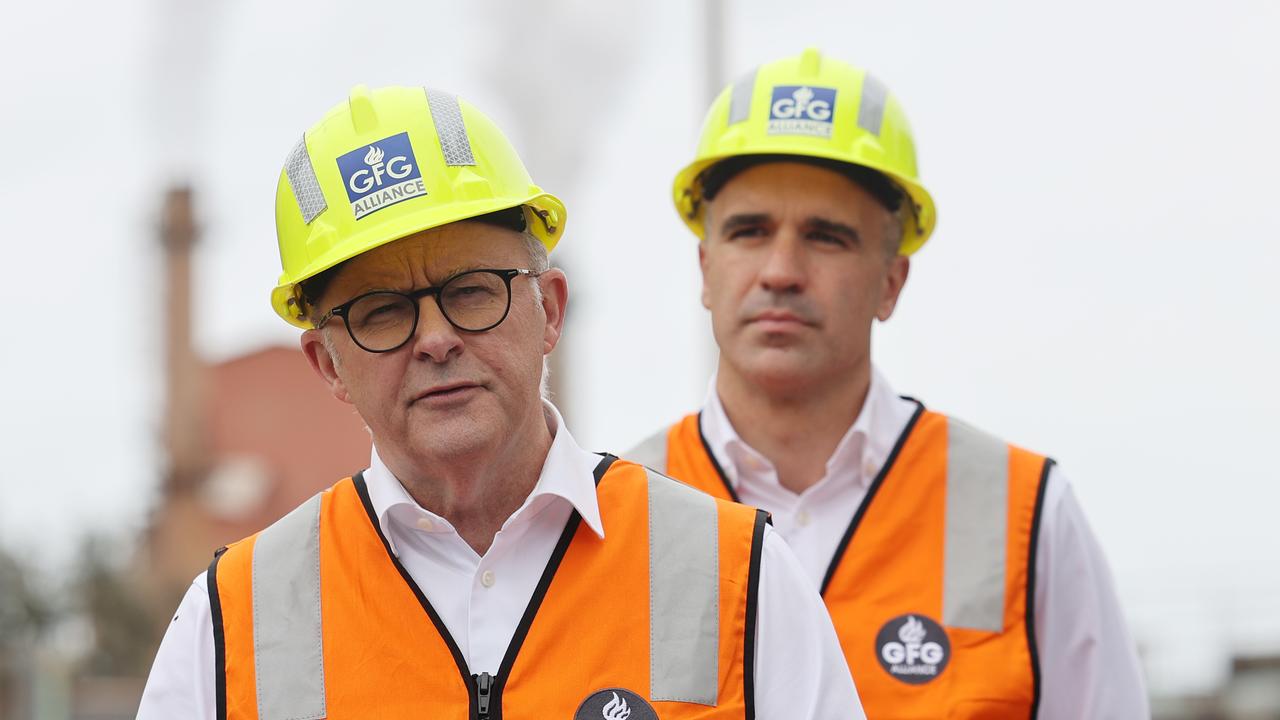China’s ban on foreign waste set to impact Australia
AUSTRALIA could face a “devastating” rubbish problem this year following China’s ban on “foreign garbage”.
THEY are calling it the “Green Sword” and China’s ban on foreign waste looks set to have “devastating” impacts on Australia’s recycling industry.
Last year China announced that from January 1 it would no longer import certain waste products from overseas from countries like the United Kingdom, European Union, United States, Japan and Australia.
For many years these countries have relied on China to process and reuse waste products like plastic, textiles and mixed paper.
But changes to the quality control placed on products taken by China and a ban on 24 categories of recyclables and solid waste, will cut down the amount of material accepted by China.
Tom Szaky of recycling company TerraCycle said he expected the move on “foreign garbage”, which is being referred to as China’s “green sword”, will hit Australia’s industry hard.
“There is no way to sugar-coat it ... it absolutely hurts,” he said.
“I can imagine it will be devastating to traditional recyclers.”
These traditional recyclers oversee things like council pick-ups and will be impacted the most because they will have to find somewhere else to get rid of the plastic bottles, cans and other materials they collect — and this may cost them.
In Australia alone, about 619,000 tonnes of materials — worth $523 million — is expected to be impacted by the Chinese ban.
“It’ll be a real challenge finding homes for these products in the short term,” Waste Management Association of Australia (WMAA) chief executive Gayle Sloan told ABC.
“It’s going to change the nature of the recycling industry in Australia for us.”
Ratepayers may also end up having to pay more for their recycling services as companies struggle to offload the material.
“For consumers less of what you put in recycling bins will be recycled,” Mr Szaky said.
TerraCycle’s business will also be impacted even though it doesn’t have the same commercial problems as other traditional recyclers.
Generally, recyclers make money if they can get rid of plastics and other recyclable material for more money than it costs to collect. It requires someone to find a use for things like recycled plastic. Previously China has accepted the materials to make new products like bins or other items.
RELATED: The toxic towns in China recycling Australia’s unwanted waste
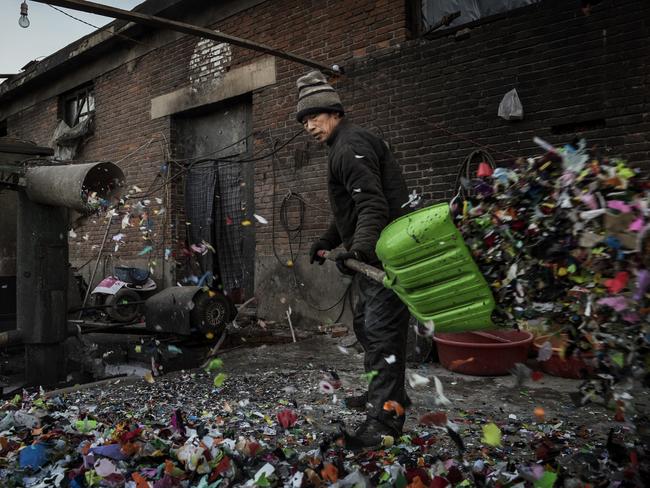
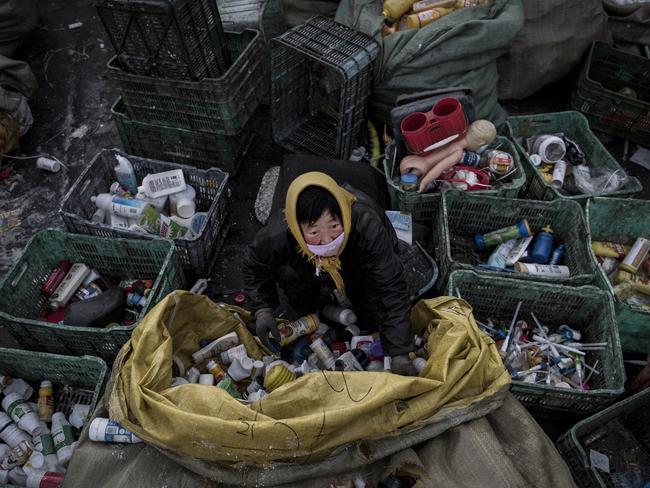
What TerraCycle does differently is that it works directly with companies like Loreal, Colgate, Nestle and Unilever to collect and process hard-to-recycle materials.
“We work with Australian recyclers and pay them whatever it takes to implement our technology (to recycle the products),” Mr Szaky said.
TerraCycle sells the material as plastic pallets or metal alloys to be made into things like plastic garbage bags, frisbees, dog bowls and benches.
But if it costs more to process the material than what it can be sold for, the companies they work with cover the gap.
For this reason, the China ban will not impact its business model as much but the cost will increase.
Some may see the China ban as a way to get countries like Australia to take responsibility for its own waste. But Mr Szaky said it would not be good for sustainability as many plastic products were made in China and it’s the main market for recycled plastic.
“So for a company making garbage bins in China, it now has to source (its recycled plastic) locally, even though (the bin) may end up in Australia,” he said.
“We live in a hyper globalised economy and so nationalism can be detrimental to global sustainability.”
Mr Szaky said there was an appetite in Australia for recycling and the country just needed to develop its own infrastructure to process the material and manufacture new products.
Progress has been slow so far because Australia has lots of land and so landfill is easy and profitable but the Chinese ban could change this.
“That’s a very long-term plan — it’s not going to happen quickly,” he said.
“But what strikes me about the Australian people, is that deep down they care about the environment — there’s just not that infrastructure yet,” he said.
He said TerraCycle used Australia as a test market when it launched in 2014 and it has been so successful, the company has since expanded to other countries in the region including China, Japan and Korea.
While some people may feel recycling will take a step backwards because of China’s decision, Mr Szaky said it was important to remember the power the community has to create change.
“The issue is not recycling, it’s what we buy,” he said.
“If you are at the supermarket in the beverage aisle, keep in mind that whatever you buy, two more of those items will appear, and there will be one less of everything you don’t buy.
“We can’t recycle our way to sustainability. We have to think purchase differently.
“There is the ability for us to affect this whole thing.”
